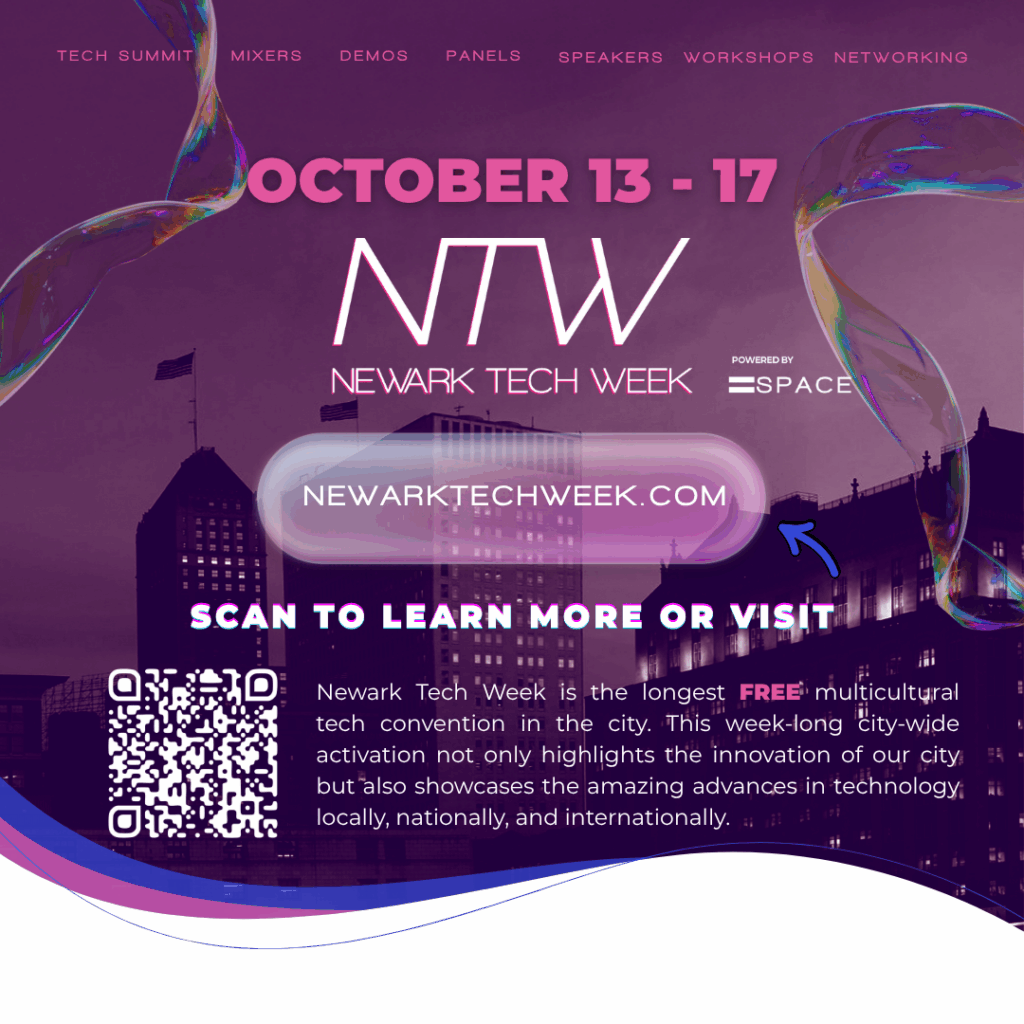
Camouflaging the Language of Diversity: Why Companies Must Stand Firm on DEI
By Citi Medina
In recent years, corporate America has proudly waved the banner of diversity, equity, and inclusion (DEI), touting it as a pillar of progress and a competitive advantage. Yet, as political and social pressures mount, we are witnessing a troubling shift—a retreat from DEI under the guise of rebranding or restructuring. While some companies have stood firm in their commitments, others are quietly dismantling programs that have been instrumental in fostering more equitable workplaces. This moment calls for clarity: DEI is not a trend to be abandoned when the political climate shifts; it is an economic and ethical imperative that businesses must uphold.
The Corporate DEI Rollback: A Dangerous Retreat
Recent headlines have shown a disturbing pattern of corporations pulling back from DEI initiatives. Paramount Global, for example, recently dissolved key DEI leadership positions, despite its prior commitments to equity-driven programming. This decision follows a broader corporate trend of quietly sidelining diversity initiatives in response to external political and financial pressures.
By camouflaging their DEI language or quietly dissolving initiatives, corporations risk alienating the very communities that drive their success. The backtracking of commitments signals that these efforts were never about genuine progress but rather about appeasing social trends. Such a move does not go unnoticed—consumers and employees alike are increasingly holding brands accountable for where they place their values, including how they respond to political pressures.
Target, once a leader in inclusive marketing, has also faced backlash for its DEI commitments. Its attempt to distance itself from such programs has not shielded it from financial consequences—the company reported billions in losses, in part due to consumer disengagement and reputational damage.
Meanwhile, other companies recognize that investing in diversity is not just the right thing to do—it’s good business. Costco has maintained its DEI initiatives, understanding that a diverse workforce fosters innovation, enhances customer loyalty, and drives long-term profitability. Companies that stand by their DEI commitments reap the benefits of attracting top talent, expanding their consumer base, and building resilience in an increasingly diverse market.
The Economic Reality of DEI
Beyond the moral argument, the financial case for DEI is undeniable. Studies have repeatedly shown that diverse teams outperform homogeneous ones, yielding higher revenues and greater innovation. McKinsey & Company’s 2023 report reaffirmed that companies with higher diversity in leadership are 36% more likely to outperform their peers in profitability. Moreover, consumers are voting with their dollars—brands that authentically engage with diverse communities see stronger brand loyalty and sustained financial growth.
For companies, diversity is not just a social responsibility—it is a business strategy. Black, Latinx, and other underrepresented communities contribute billions in consumer spending power annually. A 2021 Nielsen report highlighted that Black consumers alone wield over $1.6 trillion in spending power, while the Hispanic community contributes $2.8 trillion to the U.S. economy (Nielsen, 2021). These are not just numbers; they represent communities that expect reciprocity—investment in their well-being, workforce development, and representation at all levels of decision-making.
Public and institutional investors are also paying attention. Major funds and stakeholders are increasingly evaluating corporate DEI commitments as part of their investment strategies. Abandoning these initiatives not only risks alienating consumers but also invites scrutiny from investors who see diversity as a key indicator of corporate health and sustainability.
A Call to Action: Stand by Your Commitments
As a founder, I urge companies to navigate these shifts with integrity rather than retreat. The communities that drive your revenue and fuel your talent pipeline deserve more than performative gestures; they deserve unwavering support. Companies must resist the pressure to dilute their DEI efforts in response to short-term challenges.
Listen, I understand the complexities of navigating today’s business landscape. The tension between social responsibility and political pressures is real. However, I challenge corporate leaders to ask themselves: What side of history do you want to be on? The path forward is not to quietly dismantle DEI initiatives but to boldly reaffirm them, ensuring that both internal and external stakeholders recognize that diversity is not a fleeting trend—it is the foundation of a thriving, innovative economy. Now is a time, that leaders should double down, recognizing that true leadership is demonstrated in moments of adversity.
Now is the time for businesses to reaffirm their commitments—not just in words, but in action. Whether through equitable hiring practices, supplier diversity programs, or sustained community investment, the companies that stand firm will be the ones that thrive. Those that choose to abandon DEI may find themselves on the wrong side of history, facing both economic and reputational losses.
The best of corporate America has always been about forward progress, innovation, and inclusivity. Let’s ensure that remains true, now more than ever.
Sources:
- The Hollywood Reporter (2024) – Paramount’s DEI Adjustments Raise Concerns
- McKinsey & Company (2023) – The Business Case for Diversity
- Nielsen (2021) – The Economic Power of Black and Hispanic Consumers
- Fortune (2023) – Business Leaders on Racial Equity and Corporate Responsibility





